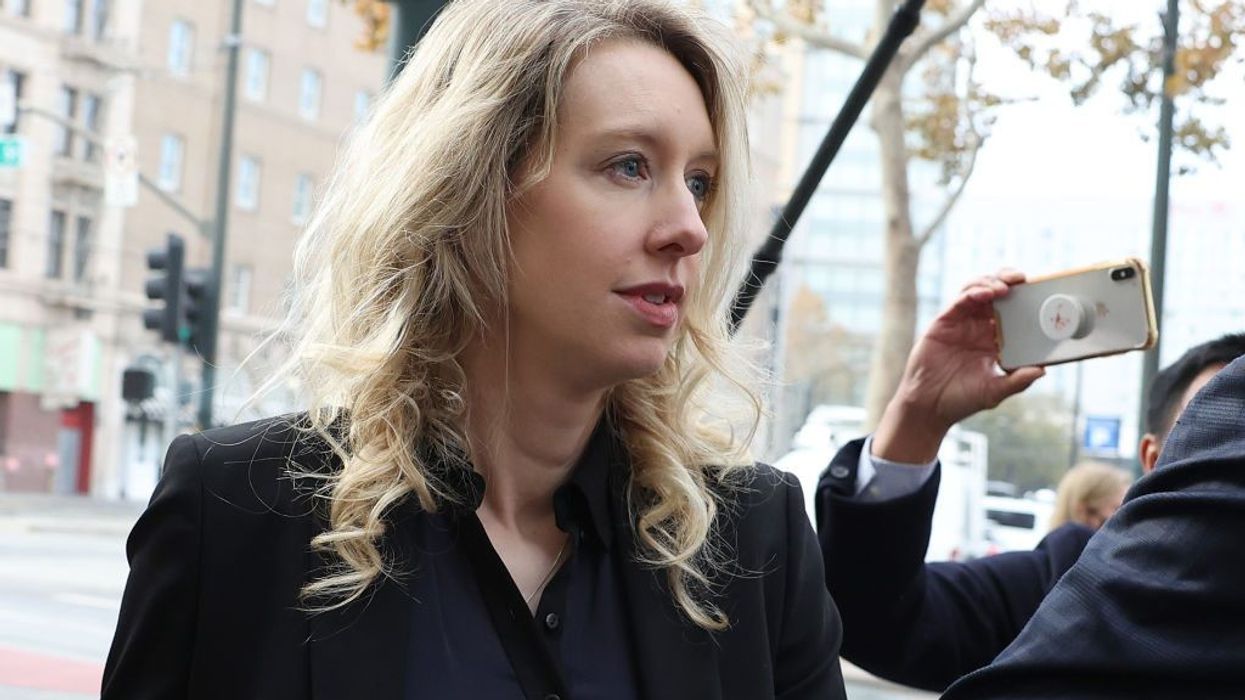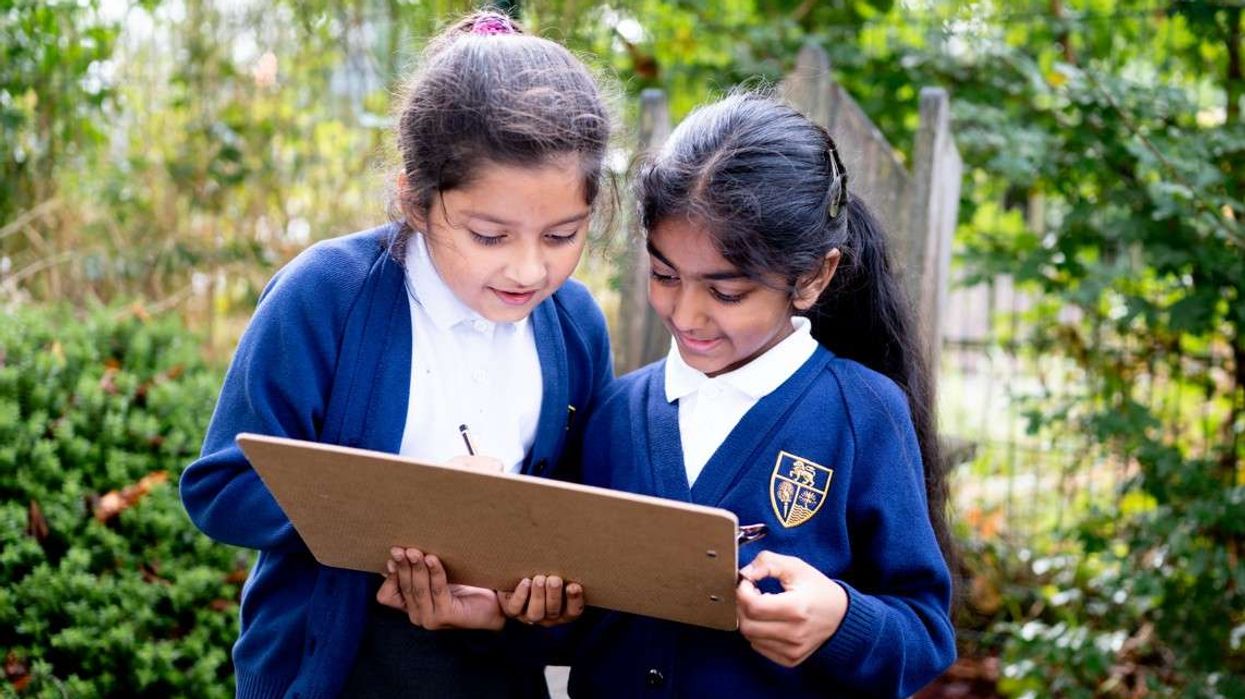Former US biotech executive, Elizabeth Holmes, who was convicted of defrauding investors with her Silicon Valley start-up Theranos, won't go to jail for now.
Her lawyers filed an appeal just in time to prevent her from starting her 11-year prison sentence on April 27.
Despite a failed attempt to stay out of jail earlier this month, Holmes may remain free while the court decides whether to grant her request to remain free during the appeals process.
Holmes was found responsible of duping investors that she had developed a revolutionary medical device.
The 39-year-old became a star of Silicon Valley when she said her start-up was perfecting an easy-to-use test kit that could carry out a wide range of medical diagnostics with just a few drops of blood.
But her company flamed out after a Wall Street Journal investigation into the validity of the tests.
Holmes had a child shortly before her trial and has had a second since her conviction.
A top aide and ex-boyfriend to the Theranos chief was convicted at a separate trial and is also slated to serve time in prison.
Ramesh "Sunny" Balwani was sentenced to nearly 13 years in prison for his role in what prosecutors argued was a massive fraud perpetuated on Theranos investors and patients.
(AFP)














